"... An Englishman's house is his castle. This is honestly entertaining; for as it happens the Englishman is almost the only man in Europe whose house is not his castle. Nearly everywhere else exists the assumption of peasant proprietorship; that a poor man may be a landlord, though he is only lord of his own land. Making the landlord and the tenant the same person has certain trivial advantages, as that the tenant pays no rent, while the landlord does a little work. But I am not concerned with the defense of small proprietorship, but merely with the fact that it exists almost everywhere except in England. It is also true, however, that this estate of small possession is attacked everywhere today; it has never existed among ourselves, and it may be destroyed among our neighbors. We have, therefore, to ask ourselves what it is in human affairs generally, and in this domestic ideal in particular, that has really ruined the natural human creation, especially in this country.
Man has always lost his way. He has been a tramp ever since Eden; but he always knew, or thought he knew, what he was looking for. Every man has a house somewhere in the elaborate cosmos; his house waits for him waist deep in slow Norfolk rivers or sunning itself upon Sussex downs. Man has always been looking for that home which is the subject matter of this book. But in the bleak and blinding hail of skepticism to which he has been now so long subjected, he has begun for the first time to be chilled, not merely in his hopes, but in his desires. For the first time in history he begins really to doubt the object of his wanderings on the earth. He has always lost his way; but now he has lost his address.
Under the pressure of certain upper-class philosophies... the average man has really become bewildered about the goal of his efforts; and his efforts, therefore, grow feebler and feebler. His simple notion of having a home of his own is derided as bourgeois, as sentimental, or as despicably Christian. Under various verbal forms he is recommended to go on to the streets-- which is called Individualism; or to the work-house--which is called Collectivism. We shall consider this process somewhat more carefully in a moment. But it may be said here that Hudge and Gudge, or the governing class generally, will never fail for lack of some modern phrase to cover their ancient predominance. The great lords will refuse the English peasant his three acres and a cow on advanced grounds, if they cannot refuse it longer on reactionary grounds. They will deny him the three acres on grounds of State Ownership. They will forbid him the cow on grounds of humanitarianism.
And this brings us to the ultimate analysis of this singular influence that has prevented doctrinal demands by the English people. There are, I believe, some who still deny that England is governed by an oligarchy. It is quite enough for me to know that a man might have gone to sleep some thirty years ago over the day's newspaper and woke up last week over the later newspaper, and fancied he was reading about the same people. In one paper he would have found a Lord Robert Cecil, a Mr. Gladstone, a Mr. Lyttleton, a Churchill, a Chamberlain, a Trevelyan, an Acland. In the other paper he would find a Lord Robert Cecil, a Mr. Gladstone, a Mr. Lyttleton, a Churchill, a Chamberlain, a Trevelyan, an Acland. If this is not being governed by families I cannot imagine what it is. I suppose it is being governed by extraordinary democratic coincidences."
-G. K. Chesterton, What's wrong with the World.."
A glimpse of the past, and a peek at the future, Chesterton described what is common American practice, not only has the common man lost his way and his address, but has also completely forgotten why he is on his way and has now fallen prey to the predators on the road, i. e. the industrial capitalist, who preys on his capital with the use of big industry. This model of a man owning his own home and making it his "castle" is the ideal for every man, no matter how meager it may be, for in his own home a man is truly free. We note above that it is stated that this ideal is attacked almost everywhere, yet I daresay that had our man lived in contemporary times, he should say that it is lost to the capitalist bankers, and that now the common man merely rents his home from the bank for a monthly or yearly fee, and that these bankers now deny a man his 3 acres & cow for still the same reasons if only under a new name, the current denial of private property is still being advanced by the plutocracy of the ruling families of America, in England's footsteps.



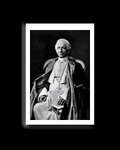
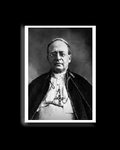

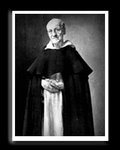
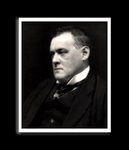
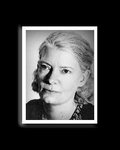
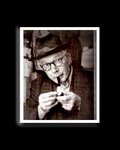






No comments:
Post a Comment